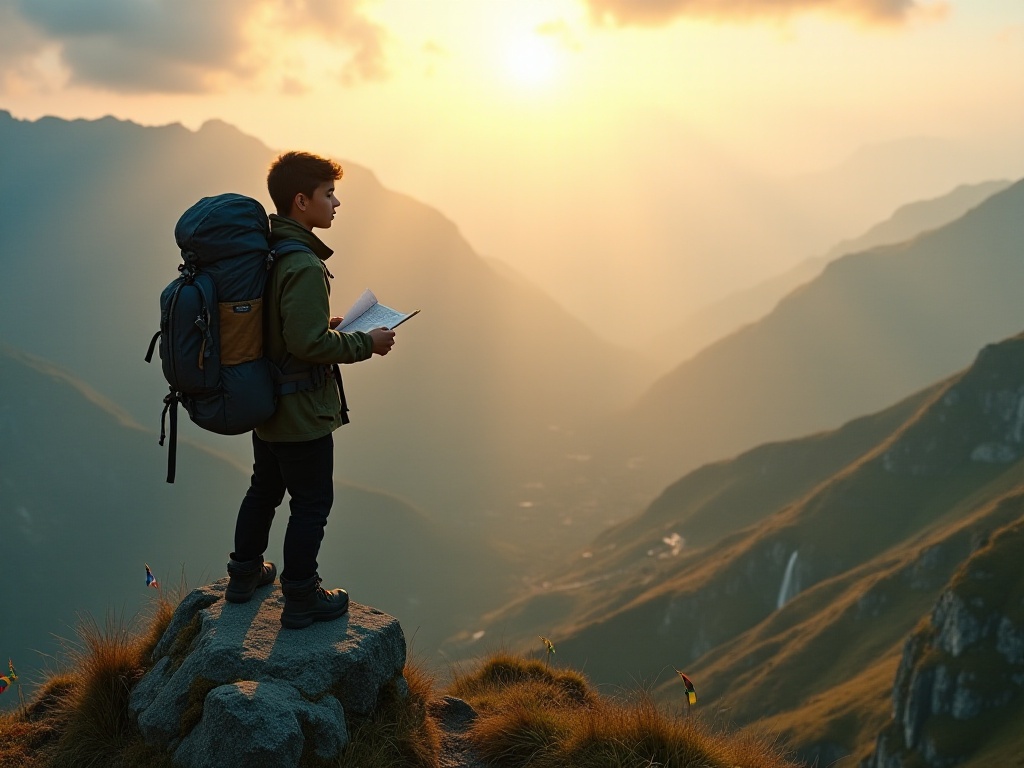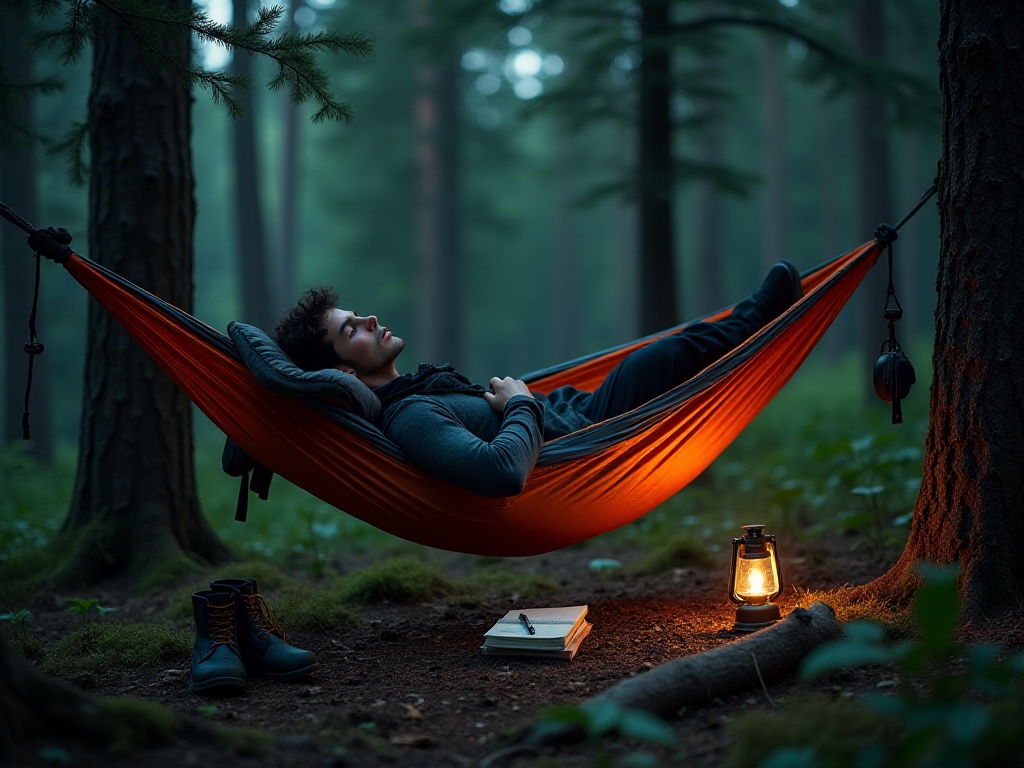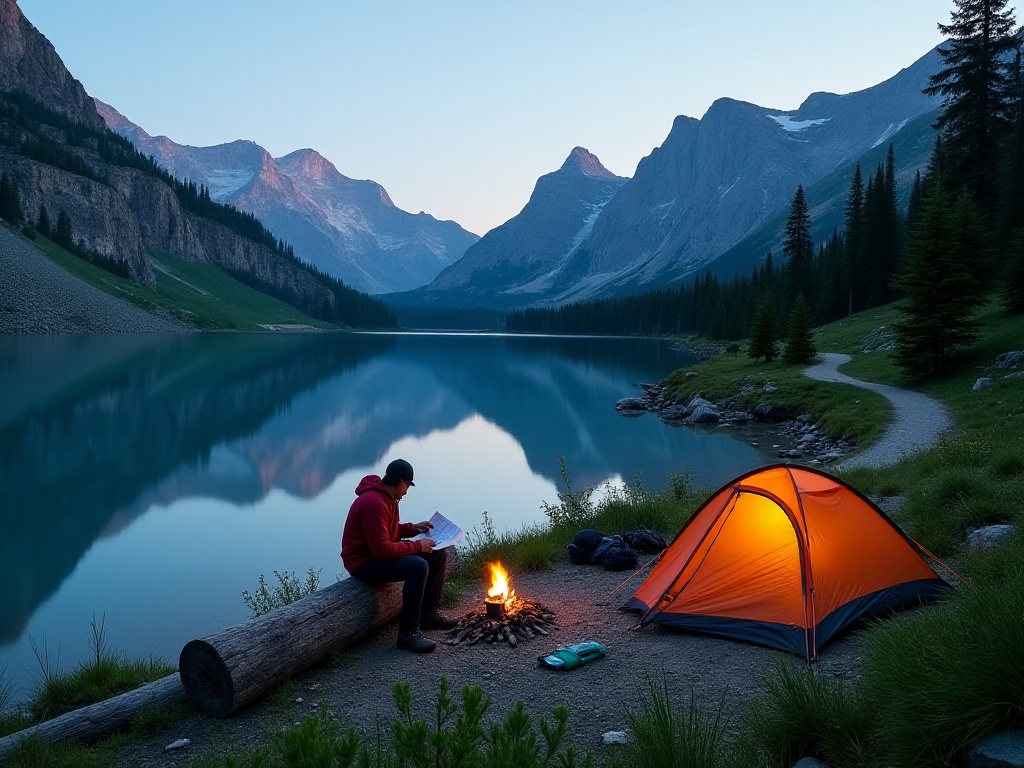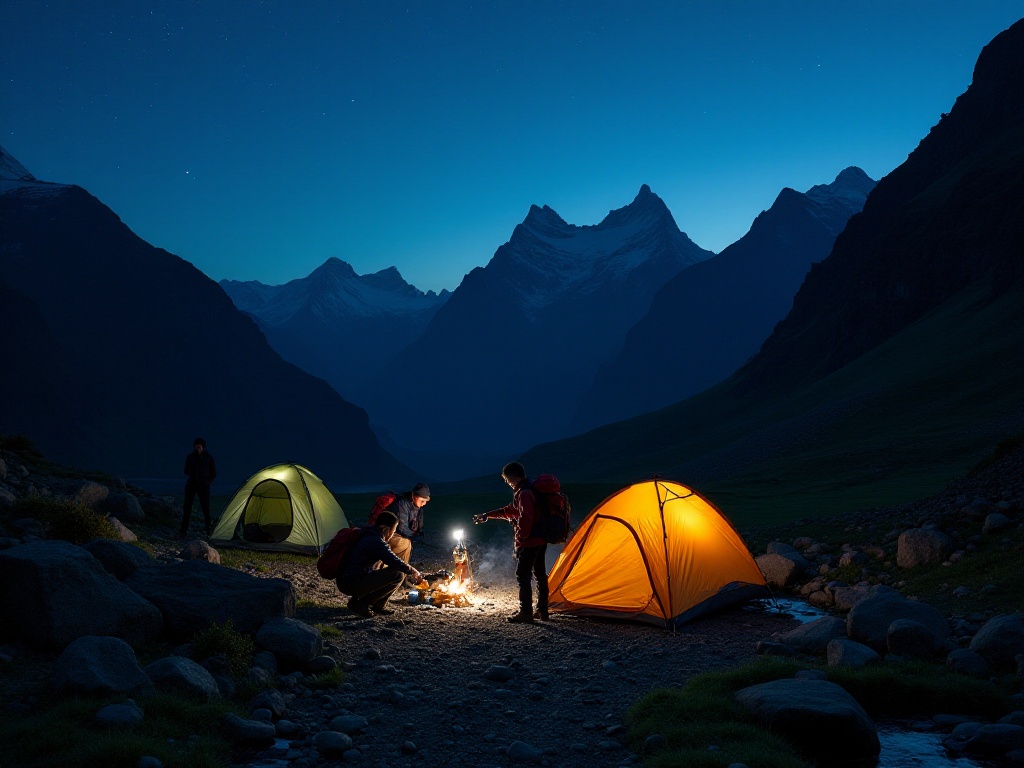Origins
I remember that cold morning in early 2024, sitting in my rental apartment hugging my laptop, staring blankly at the screen. Outside, Beijing was still shrouded in morning mist, with office building lights turning on one by one. I had just turned 27, working as a product manager at an internet company, feeling particularly empty with the 996 work schedule. My WeChat Moments was full of KPIs, OKRs, weekly meetings, and work reports, as if life was just a series of cold numbers.
That day, while browsing Xiaohongshu, I saw a blogger sharing photos from her Maldives vacation, with unreal blue waters. Looking at the calendar on my desk, I realized I had worked for 267 consecutive days without a break. My last trip was during the 2023 May Day holiday to Hangzhou's West Lake, which was so crowded there wasn't even a quiet spot to view the lake.
I suddenly realized that in this city, my life was just a straight line between my cubicle and rental apartment. Though young, I was living the most boring life. That morning, I suddenly decided to embark on a spontaneous journey. Not a vacation, but real travel, to experience different cultures and a different life.
Breaking Free
When I handed my resignation letter to my manager, she looked like she'd seen a ghost: "Are you crazy? The economy is so bad, everyone's fighting for jobs, and you want to quit to go backpacking?" Other colleagues in the office looked at me strangely, as if I was some kind of oddball.
But honestly, I don't regret this decision at all. Beijing's housing prices are so high that even after working for ten more years, I might only afford a down payment. Rather than spending my youth on mortgage payments, why not see the world while I'm still young?
Actually, I had prepared for a long time; this wasn't an impulsive decision. For the past two years, I saved 30% of my salary each month, accumulating nearly 150,000 yuan by the time I quit. During this period, I barely had any major expenses, didn't buy luxury items, didn't upgrade my phone, and rarely even bought bubble tea. Whenever I wanted to buy something, I reminded myself: saving this money means one more day in Bali.
According to my budget plan, this money would be enough for 315 days of world travel. Some might say it's too risky, but isn't youth meant for taking risks? The worst outcome would be returning to job hunting after spending all my savings. But if I don't go now, once I'm married with kids and burdened with mortgages and car loans, I might never have the chance.
In the last month before quitting, I terminated my rental contract and sold or gave away unnecessary items. Watching my possessions gradually decrease actually gave me a strange sense of relief. Life can be this simple; you don't need too many things.

Equipment Selection
The first task was choosing a backpack. After browsing Taobao, I finally selected a 60L backpack for 1,200 yuan. This capacity was perfect, able to hold all necessities without being too heavy. I was particularly indecisive when choosing the backpack, reading reviews and asking friends. Eventually, I realized that a backpack is just a tool for carrying things - if it's functional, that's enough, no need to be too particular.
My main equipment list was actually quite simple: a lightweight laptop (for potential remote work opportunities), two sets of spare clothes, a light down jacket, waterproof hiking boots, a first-aid kit, a 20,000mAh power bank, plus passport, cash, and credit cards. Everything together weighed about 8kg, a manageable weight for all-day carrying.
When selecting equipment, I followed one principle: if you don't need it, don't bring it. Many first-time backpackers try to bring everything they might possibly need. This results in an unbearably heavy backpack that takes up too much space. Actually, many things can be bought locally - why bring them from home? For example, toiletries are available in any convenience store in any country.
For clothes, I only brought the basics: three quick-dry T-shirts, two quick-dry pants, one windbreaker, four pairs of underwear, four pairs of socks. These clothes are easy to wash and dry, and can be mixed and matched. Wash them at night, and they're ready to wear the next day - no need to bring too many. As for the down jacket, I chose one with 800 fill power that compresses to fist size but provides excellent warmth.
I also minimized digital equipment. Besides the laptop, I only brought a phone and a power bank. I didn't even bring a camera - today's phone cameras are good enough. Plus, carrying too many electronic devices not only adds weight but also raises theft concerns.

Route Planning
I planned my world travel route like this: Starting from Beijing, first to Southeast Asia (Thailand-Laos-Cambodia-Vietnam), then Europe (from Turkey all the way to the UK), and finally the Americas (USA-Canada-Mexico). I spent a long time planning this route - just researching travel guides took a month.
Why choose this route? First, considering costs. Southeast Asia is inexpensive, suitable for beginners. Take Thailand for example: a hostel costs only 50-60 yuan per day, and a meal is just 20-30 yuan. Staying there for a month only costs 3,000-4,000 yuan. Plus, Southeast Asia's travel environment is relatively simple, the climate is more adaptable, and there won't be too much culture shock.
Europe is more expensive, but transportation is convenient. With a Schengen visa, you can move freely among 26 countries. Europe's train system is very developed - buy a Eurail Pass and you can go anywhere. Also, Europe's youth hostel culture is very mature, perfect for backpackers.
I put the Americas last mainly because of visa processing time. The US visa is valid for ten years, so putting it last makes it convenient for future visits. Also, the US is vast with low population density, many places require car rental, so it's better to go after gaining enough experience in other countries.
When planning the route, I paid special attention to seasonal factors. For example, avoiding Thailand's rainy season, Europe's peak season, and Canada's severe cold. This not only saves money but also provides a better experience. I also specifically researched each country's holidays and major events to avoid peak times.
[Continued...]




